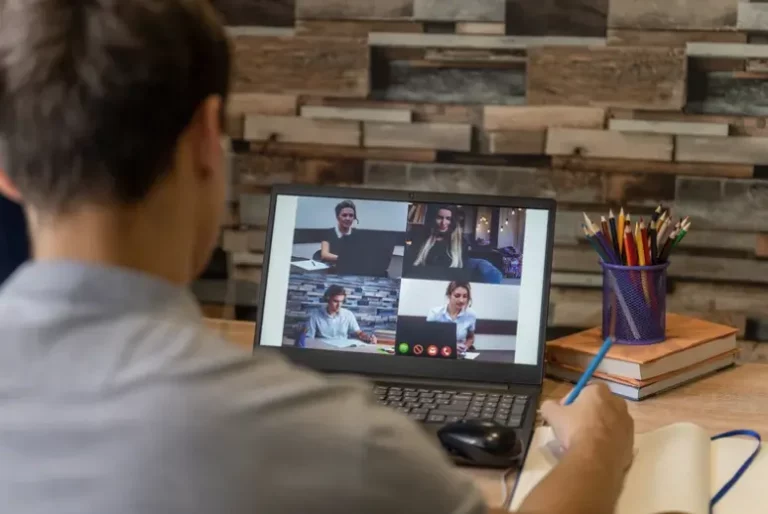Effective Strategies for Students
The shift to remote learning has presented a set of unique challenges for students across all educational levels. From dealing with distractions at home to maintaining motivation without the physical classroom environment, students are searching for effective ways to adapt. This article explores practical strategies to overcome these obstacles, ensuring successful and productive learning experiences from home.
Addressing Distractions and Creating a Conducive Learning Environment
Creating a Dedicated Study Space: One of the most effective ways to minimize distractions is by setting up a designated study area. This space should be quiet, organized, and separate from common household activities. Personalizing this area with comfortable furniture and necessary supplies can also help in mentally preparing for a focused study session.

Managing Digital Distractions: With the allure of smartphones and social media just a click away, managing digital distractions is crucial. Using apps that block distracting websites during study hours can help maintain concentration. Moreover, setting specific times to check emails or messages can keep you connected without disrupting your study momentum.
Enhancing Motivation Through Structured Schedules and Goals
Setting a Routine: Establishing a regular schedule that mimics a typical school day can provide structure and improve focus. Including set times for breaks and leisure activities within this routine can also enhance productivity and prevent burnout.
Goal Setting: Breaking down coursework into manageable goals can keep motivation high. Achieving these smaller objectives can provide a sense of accomplishment and drive you to continue progressing towards larger educational milestones.
Leveraging Technology for Improved Learning Outcomes

Utilizing Educational Apps and Platforms: There are numerous online resources and platforms designed to aid remote learning. These include video tutorials, interactive simulations, and educational games that make learning more engaging and accessible.
Interactive Online Communities: Participating in online study groups or forums can provide the communal learning experience that many students miss. These communities offer support, enable problem-solving discussions, and sometimes just a place to share experiences and strategies with peers.
Implementing Effective Communication with Educators
Regular Check-ins: Maintaining open lines of communication with instructors can help address any learning issues as they arise. Regularly scheduled virtual office hours or check-ins can ensure you stay on track with assignments and understand the material being taught.
Feedback Mechanisms: Utilizing tools for anonymous feedback can help educators understand the challenges students face and adjust their teaching strategies accordingly. This feedback is vital for improving the remote learning experience for all students involved.
How PeakMet Enhances the Remote Learning Experience
Tailored Learning Approaches: PeakMet utilizes AI to offer personalized learning experiences. By analyzing a student’s performance and learning habits, PeakMet can recommend the most effective study methods and resources tailored to their specific needs.

Organizational Tools: PeakMet provides organizational tools that help students manage their schedules, track assignment deadlines, and plan their study time effectively. This can greatly enhance productivity and ease the stress associated with balancing various subjects and tasks.
Enhanced Engagement: With features like gamification and interactive content, PeakMet makes learning more engaging. These tools are designed to keep students interested and motivated, turning the remote learning challenge into a more enjoyable and fruitful experience.
Navigating the complexities of remote learning requires a combination of disciplined routines, effective use of technology, and ongoing communication with educators. By adopting these strategies and leveraging tools like PeakMet, students can transform their home into an effective learning environment that fosters both academic success and personal growth.


